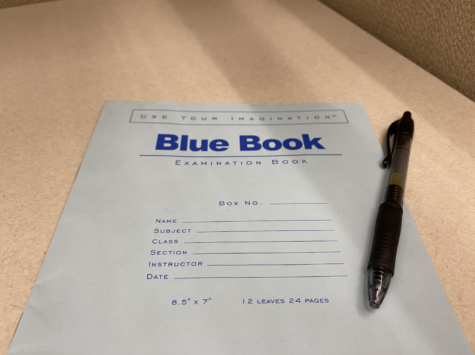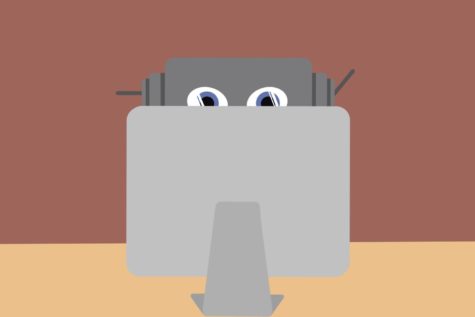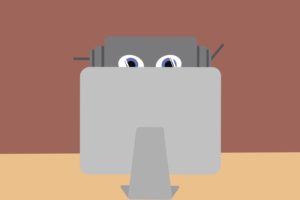Paper exams make comeback amid artificial intelligence uncertainty
April 28, 2023

Virtual classrooms and online resources became a staple of American schools during the COVID-19 pandemic. But in-person learning is back, and teachers are finding new ways to adapt to online cheating. Their solution: old-school exams.
Tulane sophomore Eli Kogan sees the shift firsthand. He said four out of his five exams are being administered via paper-and-pencil this semester. “At this point, I would say I’m not really using online software anymore to take any of my tests,” he said.
Senior Professor of Practice Tim McLean gives physical tests instead of exams on Canvas or another virtual platform. He said he writes new exams every semester to stop students from cheating in his classes, but student plagiarism has always been an issue.
“Even before Covid, students were using phones, using the internet to complete homework assignments,” McLean said, “When there’s a disconnect and you’re not in the classroom setting it does provide some ease to pull up things and cheat.”
Kogan said he thinks it is easier to take a test online. In-person exams can cause test anxiety, he said, and pressure in testing rooms “might have an effect on your ability to do well because you’re nervous for yourself.”
Kogan said he combats nerves by studying with a pencil and paper — the same way he takes his tests. “It makes it a lot easier for me when I go in and take it,” he said. “It’s almost like I’m studying again.”
Some students may use Google to cheat, but artificial intelligence platforms like ChatGPT allow for plagiarism on a scale that is alarming teachers nationwide. These programs generate entire papers if given a specific prompt, making cheating easier for students and test-making more difficult for teachers.
“If I ask a question that’s a little bit more directed or personal, then that’s still not foolproof, but it makes it a little bit harder for something that’s AI to generate,” McLean said. He said that he has not had to fully AI-proof his exams yet, but he will be thinking about ways to counteract AI cheating in the future.
Kogan said he hopes students will use ChatGPT for studying instead of cheating. “I’m sure there are people out there who are going to take advantage of it,” he said. “Don’t abuse ChatGPT. Use it in a positive light, and use it to help you.”
























Leave a Comment